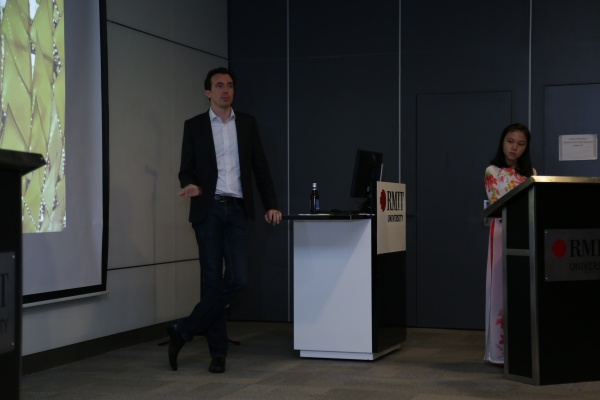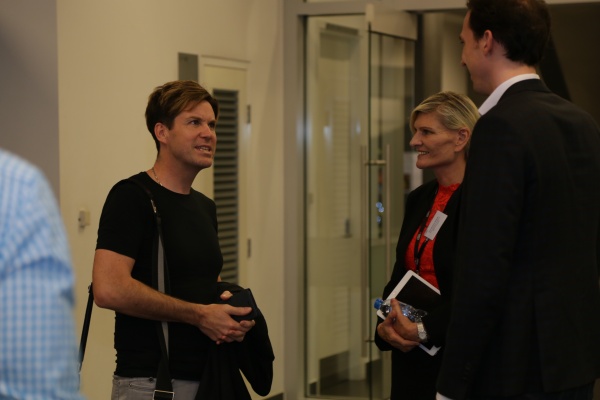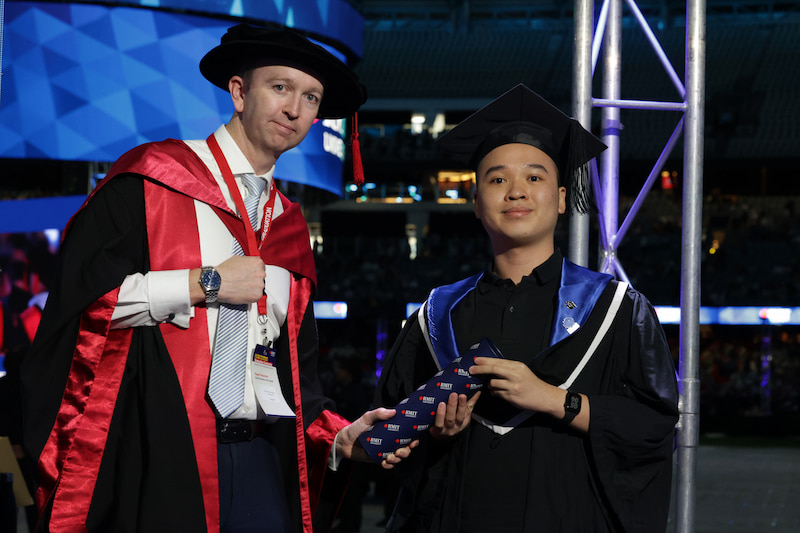Vietnam’s solar strategy for trade-tense times
Vietnam's amendment to the National Power Development Plan VIII (Decision 768/QD-TTg) to 2030, reaffirms its commitment to renewable energy and positions Vietnam as a regional frontrunner in the global energy transition.
Avoiding AI is hard – but our freedom to opt out must be protected
AI is reshaping our lives in ways we can’t always see, but do we still have the right to opt out? In this article, RMIT senior lecturer Dr James Kang discusses why that freedom must be protected.
How Vietnam is rewriting its tech future
US tariffs mark a turning point for Vietnam’s tech industry. Dr James Kang from RMIT Vietnam explains how this moment could fast-track the nation’s tech transformation.
Newly minted software engineer steps out of the lab into the world
Ho Le Minh Thach never imagined himself as a software engineer. The solid academic foundation he received at RMIT Vietnam, and his experience with Harvard's computer science course, sparked his passion for programming and empowered him to pursue a career in software engineering.






